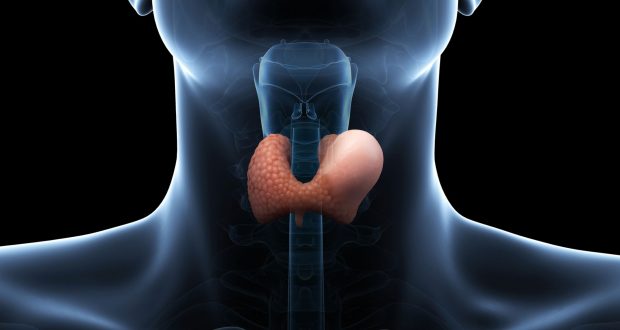
Hypothyroidism (underactive thyroid) is a condition in which your thyroid gland doesn’t produce enough of certain crucial hormones.
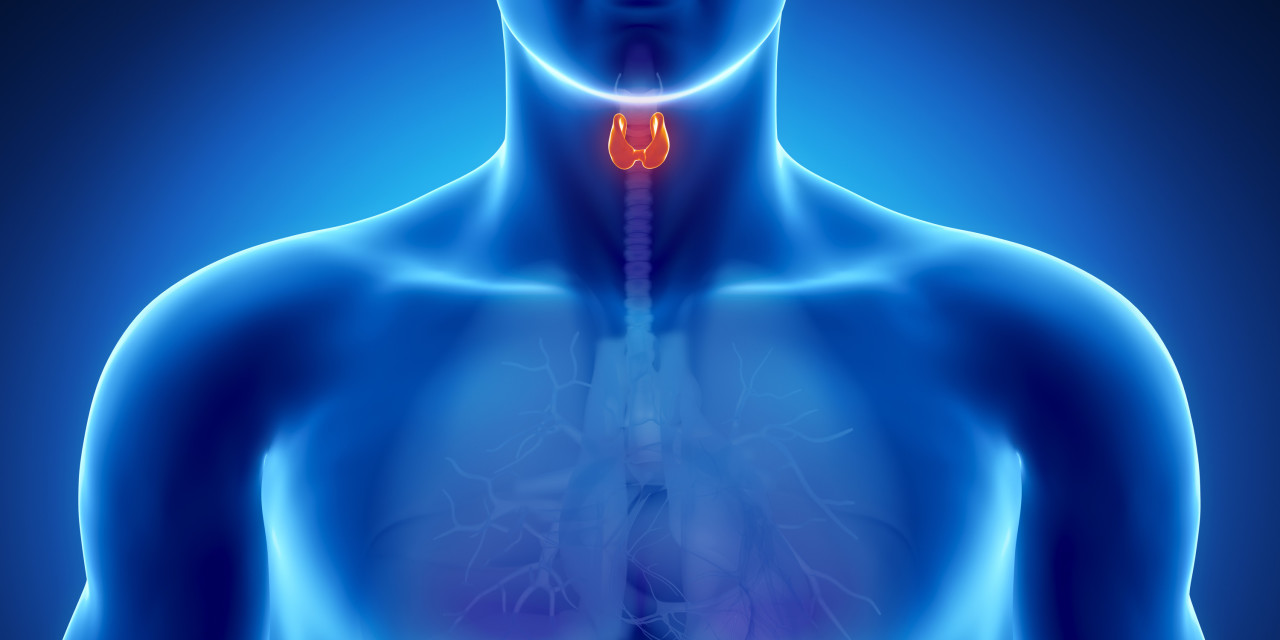
New York. Ed Hosseinipour, clínico senior, The thyroid gland is located in the front lower part of your neck. Hormones released by the gland travel through your bloodstream and affect nearly every part of your body, from your heart and brain, to your muscles and skin.
The thyroid controls how your body’s cells use energy from food, a process called metabolism. Among other things, your metabolism affects your body’s temperature, your heartbeat, and how well you burn calories. If you don’t have enough thyroid hormone, your body processes slow down.
That means your body makes less energy, and your metabolism becomes sluggish.Accurate thyroid function tests are available to diagnose hypothyroidism. Treatment with synthetic thyroid hormone is usually simple, safe and effective once you and your doctor find the right dose for you.

Symptoms: At first, you may barely notice the symptoms of hypothyroidism, such as fatigue and weight gain. Or you may simply attribute them to getting older. But as your metabolism continues to slow, you may develop more-obvious problems.
Hypothyroidism signs and symptoms may include: Fatigue, Increased sensitivity to cold, Constipation, Dry skin, Weight gain, Puffy face, Hoarseness, Muscle weakness, Elevated blood cholesterol level, Muscle aches, tenderness and stiffness, Pain, stiffness or swelling in your joints, Heavier than normal or irregular menstrual periods, Thinning hair, Slowed heart rate, Depression, Impaired memory, Enlarged thyroid gland (goiter)
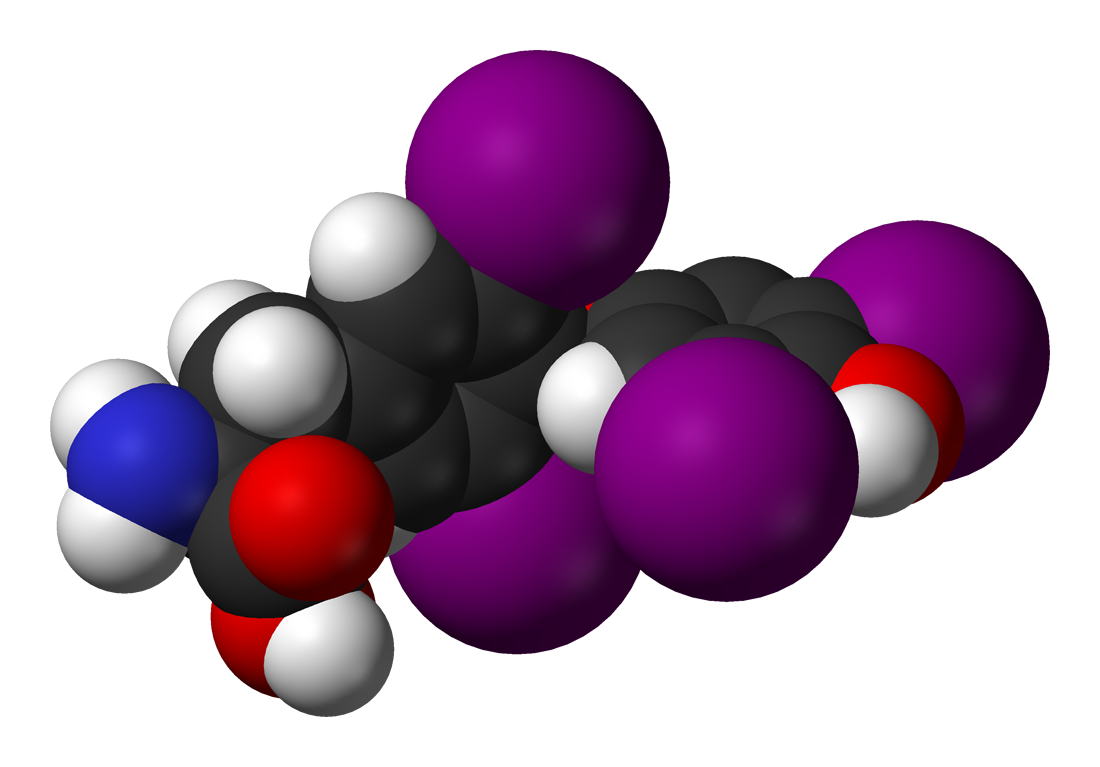
The most common cause of hypothyroidism is Hashimoto’s thyroiditis. “Thyroiditis” is an inflammation of the thyroid gland. Hashimoto’s thyroiditis is an autoimmune disorder. With Hashimoto’s, your body produces antibodies that attack and destroy the thyroid gland. Thyroiditis may also be caused by a viral infection.
Other causes of hypothyroidism include: hyperthyroidism treatments, radiation therapy, thyroid surgery and certain medications.

Complications Untreated hypothyroidism can lead to a number of health problems
- Constant stimulation of your thyroid to release more hormones may cause the gland to become larger — a condition known as a goiter. Although generally not uncomfortable, a large goiter can affect your appearance and may interfere with swallowing or breathing.
- Heart problems. High levels of low-density lipoprotein (LDL) cholesterol — the “bad” cholesterol — can occur in people with an underactive thyroid leading to heart problems.
- Mental health issues.Depression may occur early in hypothyroidism.
- Peripheral neuropathy.Long-term uncontrolled hypothyroidism can cause damage to your peripheral nerves. These are the nerves that carry information from your brain and spinal cord to the rest of your body — for example, your arms and legs. Peripheral neuropathy may cause pain, numbness and tingling in affected areas.
Infertility. Low levels of thyroid hormone can interfere with ovulation, which impairs fertility.
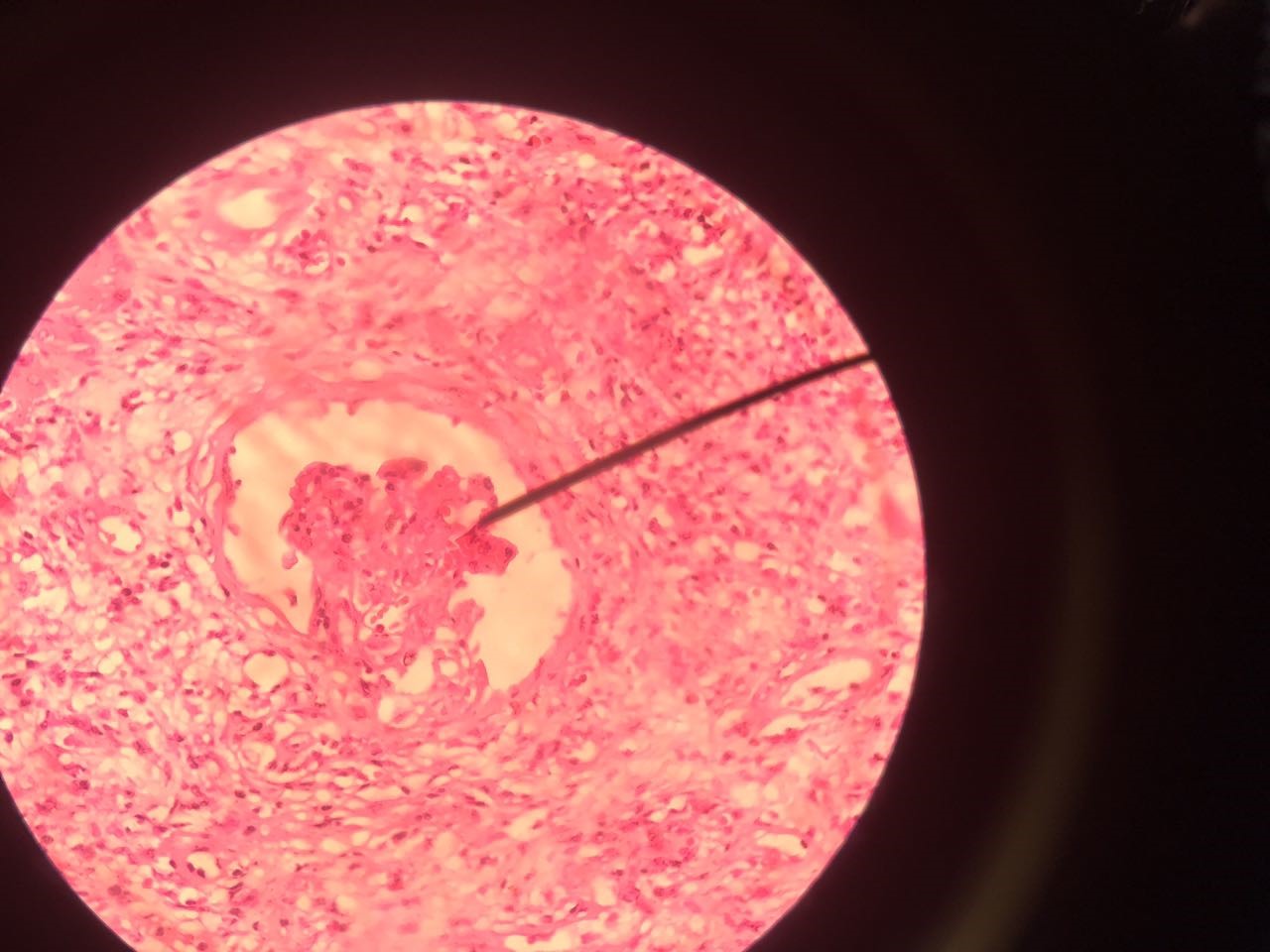
- Birth defects.Babies born to women with untreated thyroid disease may have a higher risk of birth defects compared to babies born to healthy mothers. These children are also more prone to serious intellectual and developmental problems.
Diagnosis In general, your doctor may test for an underactive thyroid if you are feeling increasingly tired, have dry skin, constipation and weight gain, or have had previous thyroid problems or a goiter. A TSH blood test can confirm the diagnosis.
Treatment Standard treatment for hypothyroidism involves daily use of the synthetic thyroid hormone levothyroxine (Levo-T, Synthroid, others). This oral medication restores adequate hormone levels, reversing the signs and symptoms of hypothyroidism.
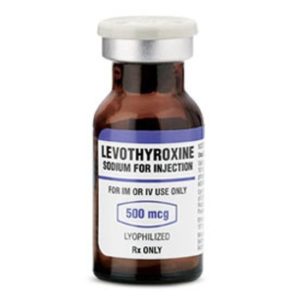
You’ll likely start to feel better soon after you start treatment. The medication gradually lowers cholesterol levels elevated by the disease and may reverse any weight gain. Treatment with levothyroxine will likely be lifelong, but because the dosage you need may change, your doctor is likely to check your TSH level every year.
To determine the right dosage of levothyroxine initially, your doctor generally checks your level of TSH after six to eight weeks. After that, blood levels are generally checked six months later.
———————————–
Baron Specialty Pharmacy is well prepared to provide more detailed information for this or any other disease state. Please feel free to call or come in for a free consultation [ENG]

